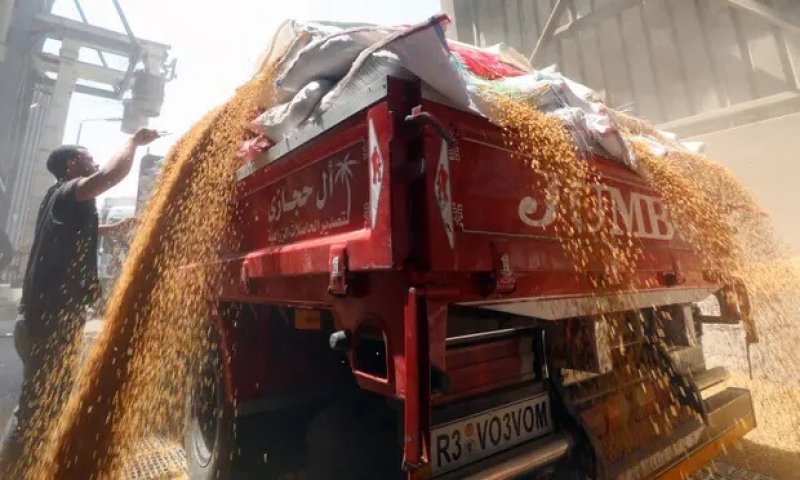The war has exposed some hard truths. One of them is that Europe, which presents itself as a pioneer of green energy, is highly dependent on Russian gas. The war has reaffirmed the basic reality that fossil fuels remain crucial to the vast majority of the world’s needs. And the nascent food crisis now reveals another hard truth: organic agriculture cannot feed the world and could even worsen future crises.
Although it has long been simply a fashion trend for the 1% of the planet, environmental activists have increasingly promoted the seductive idea that organic farming can solve the problem of hunger. The European Union is actively pushing to triple organic farming on the continent by 2030; while most Germans believe that organic farming can help feed the world.
However, research shows conclusively that organic farming produces far less food per hectare than conventional farming. In addition, organic farming forces farmers to rotate land away from production to pasture, fallow or cover crops, reducing its efficiency. In all, organic methods produce between a quarter and half as much food as conventional, science-driven agriculture.
[Editor’s note: This article has been translated from Spanish and edited for clarity.]































